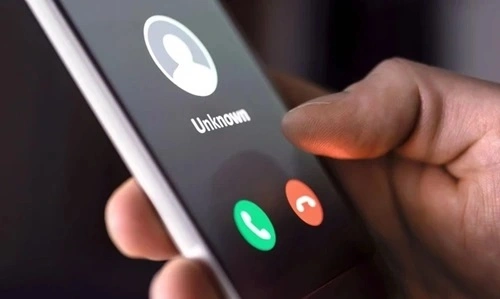Prank calls might seem like harmless fun — a quick laugh at someone else’s expense. But what many people don’t realize is that certain prank calls can actually break the law. Depending on what’s said, how often it’s done, and who’s targeted, you can go to jail for prank calling in the United States. What starts as a joke can quickly turn into criminal charges for harassment, threats, or even fraud.
Here’s a breakdown of when prank calls cross the line from silly to serious — and when they can land you in real legal trouble.

When Is a Prank Call Considered a Crime?
The First Amendment protects free speech, but it doesn’t protect speech that harasses, threatens, or defrauds others. A prank call becomes criminal when it meets any of these conditions:
- Harassment or Repeated Calls: Calling someone multiple times with the intent to annoy, scare, or disturb them can be classified as harassment or stalking.
- Threats of Violence: Any call that includes a threat to harm someone, even as a “joke,” can be prosecuted as a criminal threat or terroristic threat.
- Obscene or Lewd Content: Using sexual or obscene language during a call can violate obscenity laws and lead to criminal charges.
- False Emergencies: Falsely reporting a crime or emergency through a prank call—like pretending to be in danger or calling 911 as a “joke”—is a felony in most states. This is known as “swatting.”
In short, if your prank call causes fear, disruption, or harm — it’s not protected speech. It’s a criminal act.
Possible Criminal Charges for Prank Calls
Depending on the content and consequences of the call, prank callers can face a range of charges under both state and federal law. Here are the most common ones:
- Harassment or Disorderly Conduct: Making repeated unwanted calls can be charged as misdemeanor harassment, punishable by up to one year in jail and fines.
- Criminal Threats: If you make someone believe they’re in danger, even if you didn’t mean it, you can be charged with terroristic threatening or menacing, which may carry felony penalties and several years in prison.
- False Reporting / Swatting: Calling 911 or emergency services with a fake report is extremely serious. It can lead to felony charges, especially if it causes emergency responders to act, waste resources, or endanger lives. Sentences can range from one to ten years in prison.
- Wire Fraud or Impersonation: Pretending to be someone else, like a police officer or company representative, during a prank call can result in impersonation or fraud charges.
Even juvenile offenders can face criminal charges for prank calls, though they are often handled through the juvenile justice system instead of adult court.
Federal Laws and Cross-State Calls
If a prank call crosses state lines or uses interstate telecommunications systems (like cell phones or internet-based calls), it can fall under federal jurisdiction.
Under 18 U.S.C. § 875 and § 1038, transmitting threats, hoaxes, or false information about emergencies through phone or electronic communication can lead to federal felony charges. Convictions can result in up to five years or more in federal prison, depending on the harm caused.
So, even one prank call that crosses state lines can trigger serious federal involvement.
Consequences Beyond Jail Time
Even if a prank caller avoids jail, the consequences can still be severe:
- Criminal record: A misdemeanor or felony conviction can affect jobs, college admissions, and background checks.
- Civil liability: Victims of prank calls can sue for damages, especially if the call caused emotional distress or financial loss.
- Fines and restitution: Courts can order the offender to pay back the cost of emergency response or damages caused by the prank.
Final Thoughts
So, can you go to jail for prank calling? Yes — absolutely. While not every prank call leads to criminal charges, many can if they involve harassment, threats, or false emergencies.
The best rule of thumb: if your call could make someone feel afraid, endangered, or deceived, it’s not a prank — it’s potentially a crime.
Humor never justifies breaking the law, and what might seem like a harmless joke could result in arrest, fines, and even prison time. In today’s world of caller ID and digital tracing, anonymity is a myth — and “just joking” is no legal defense.

Our dedicated team gathers information from all the reliable sources to make the law accessible and understandable for everyone. We provide the latest legal news stories from across the country, delivered straight to you.
